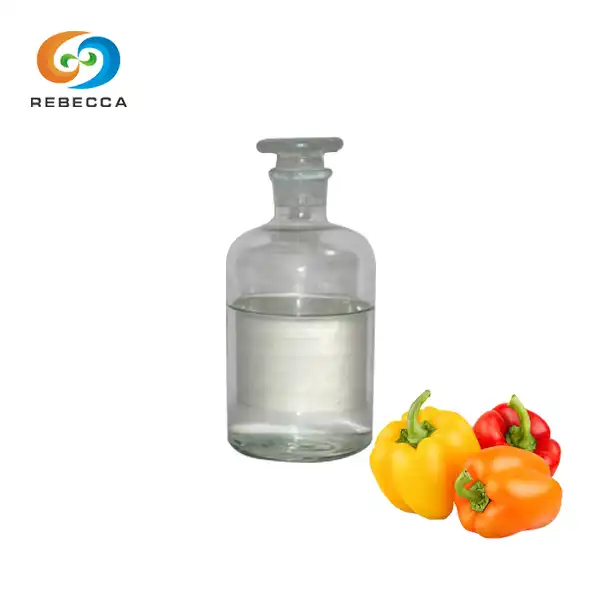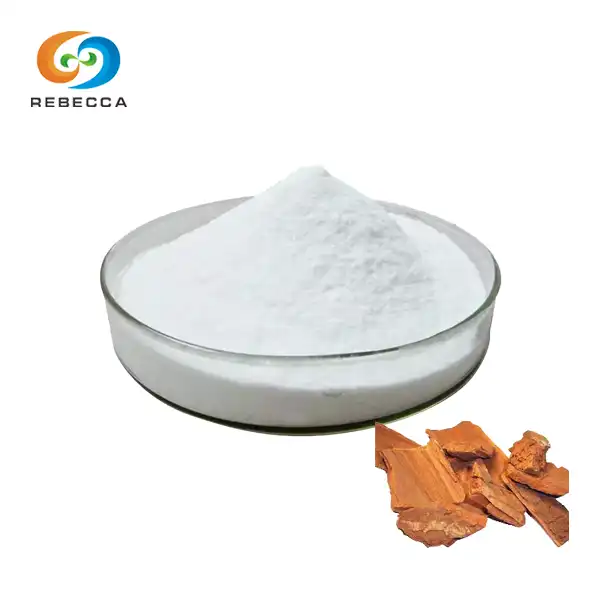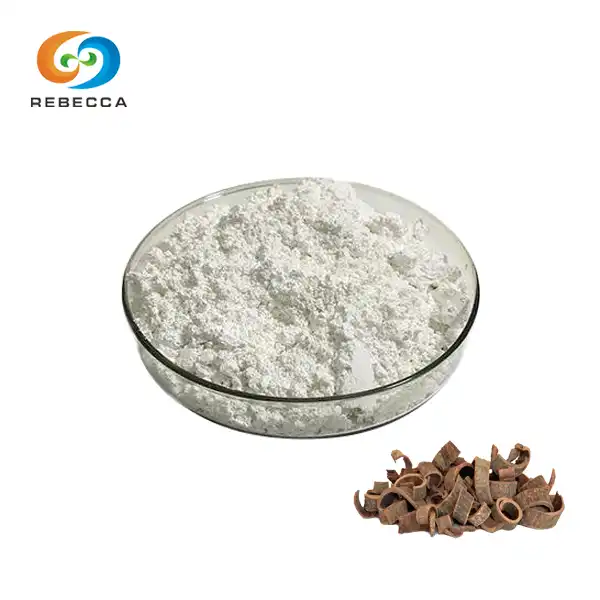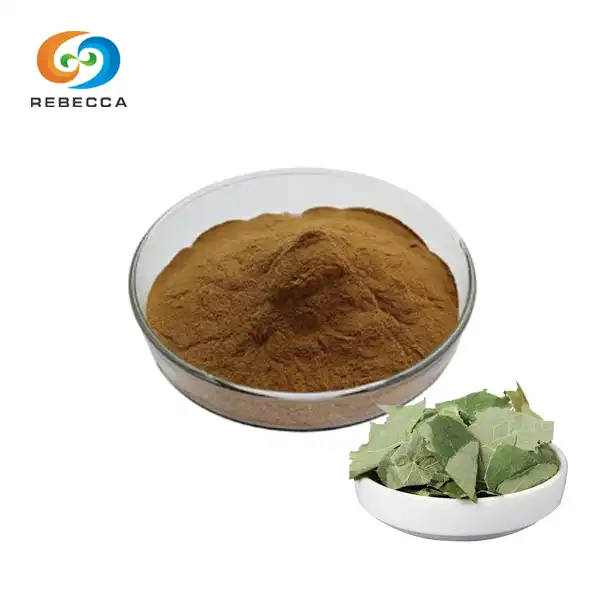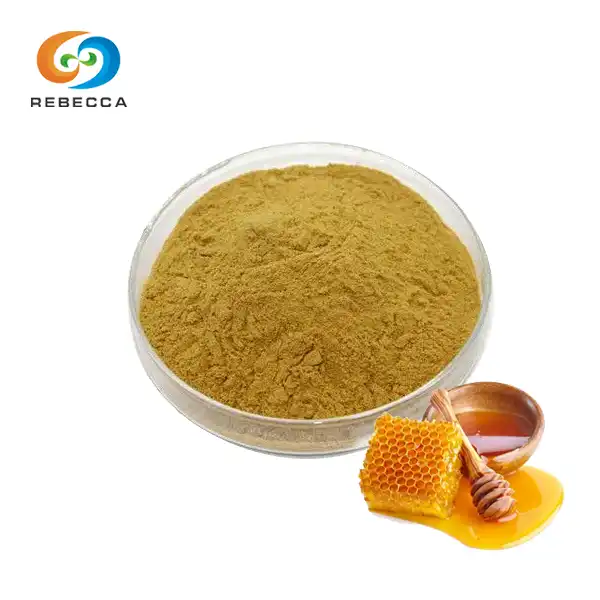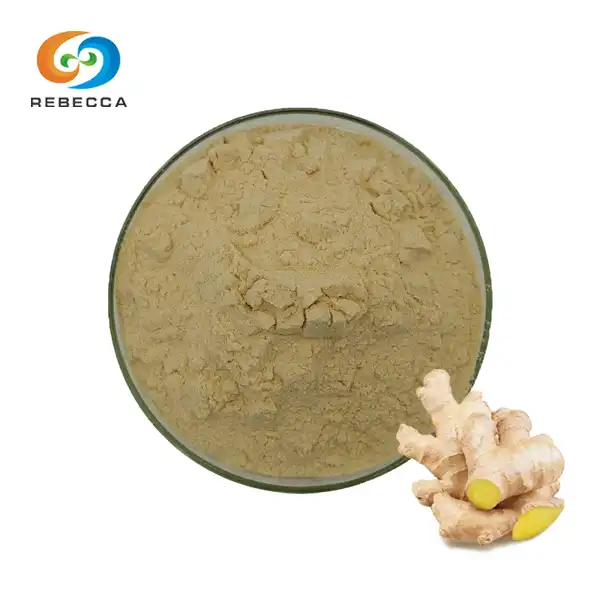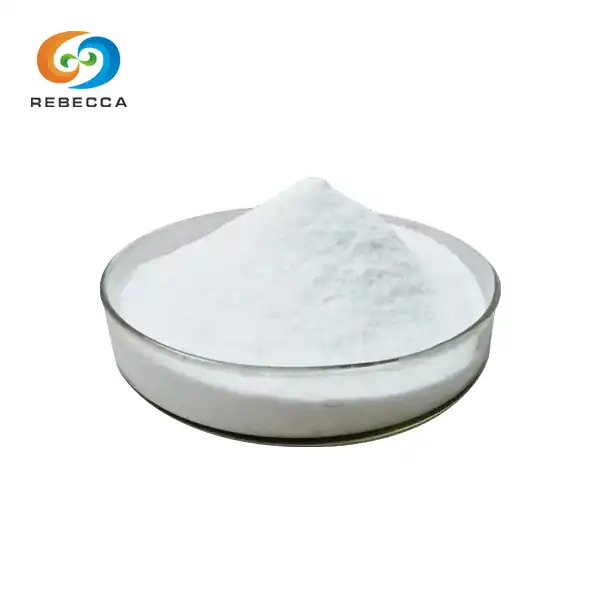What is the difference between b12 methylcobalamin and cyanocobalamin?
Vitamin B12 is an essential nutrient that plays a crucial role in various bodily functions, including red blood cell formation, DNA synthesis, and neurological health. However, not all forms are created equal. Two of the most common forms found in supplements are methylcobalamin and cyanocobalamin. In this article, we'll explore the differences between these two forms of B12 and help you understand which might be more suitable for your needs.
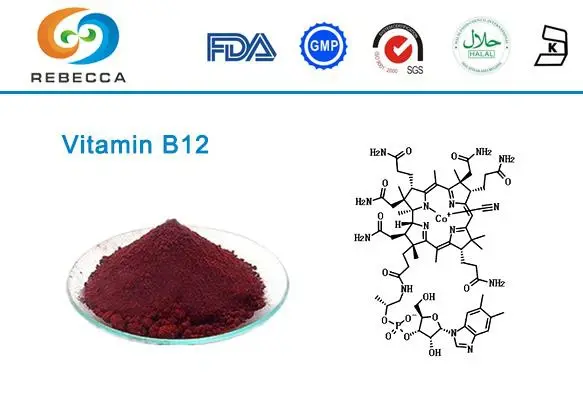
What Are Methylcobalamin and Cyanocobalamin?
Before delving into the differences, it's important to understand what methylcobalamin and cyanocobalamin are. Both are forms of vitamin B12, but they have distinct chemical structures and properties that affect how they function in the body.
Methylcobalamin is an active form of vitamin B12 that occurs naturally in the body. It's the form of B12 that's readily available for use in various biological processes. Methylcobalamin has a methyl group attached to its molecular structure, which is crucial for its role in methylation reactions in the body.
Cyanocobalamin, on the other hand, is a synthetic form of vitamin B12. It's created by attaching a cyanide molecule to a cobalamin molecule. While this might sound alarming, the amount of cyanide is minuscule and not harmful to the body. Cyanocobalamin is the most commonly used form in supplements due to its stability and lower cost of production.

Key Differences in Absorption and Bioavailability
One of the primary differences between methylcobalamin and cyanocobalamin lies in how they are absorbed and utilized by the body.
Methylcobalamin, being an active form of B12, is more bioavailable. This means that the body can use it directly without the need for conversion. When you consume methylcobalamin, it can immediately participate in various biochemical reactions, particularly in the nervous system and in the process of methylation.
Vitamin B12 Cyanocobalamin, however, needs to be converted by the body before it can be used. The liver must remove the cyanide molecule and replace it with a methyl group to create methylcobalamin or with an adenosyl group to create adenosylcobalamin, another active form of B12. This conversion process requires energy and certain enzymes, which some individuals may lack or have in reduced quantities.
The absorption of both forms can be affected by various factors, including age, digestive health, and the presence of intrinsic factor – a protein produced by the stomach that's necessary for B12 absorption. However, some studies suggest that methylcobalamin may have a slight edge in terms of retention in the body's tissues, particularly in the brain and liver.
Which Form of Vitamin B12 Is More Effective?
The question of effectiveness is not straightforward and depends on various factors. Both methylcobalamin and cyanocobalamin can effectively raise B12 levels in the body when taken in adequate doses. However, there are some considerations that might make one form preferable in certain situations.
Methylcobalamin may be more effective for individuals with certain genetic variations that affect B12 metabolism. For example, people with mutations in the MTHFR gene, which is involved in the methylation cycle, may benefit more from methylcobalamin as it's already in the methyl form.
Methylcobalamin has also shown promise in specific neurological applications. Some studies suggest it may be more effective in treating conditions like diabetic neuropathy and promoting nerve regeneration. Its role in the methylation cycle also makes it potentially beneficial for mood regulation and cognitive function.
Vitamin B12 Cyanocobalamin, while requiring conversion in the body, has been the standard form used in many clinical studies and has a proven track record of effectiveness in treating B12 deficiency. It's also more stable and has a longer shelf life, which can be advantageous for supplement manufacturers and consumers alike.
It's worth noting that the body's ability to convert cyanocobalamin to active forms can vary between individuals. Factors such as age, liver function, and overall health can influence this conversion process. For some people, particularly older adults or those with compromised liver function, methylcobalamin might be a more reliable option.
In terms of dosage, cyanocobalamin is often prescribed in higher amounts to ensure adequate conversion to active forms. Methylcobalamin, being already active, may be effective at lower doses, although this can vary depending on individual needs and the specific health condition being addressed.
Ultimately, both forms of B12 can be effective in preventing and treating deficiency. The choice between methylcobalamin and cyanocobalamin often comes down to individual health needs, genetic factors, and sometimes personal preference or healthcare provider recommendations.
About Shaanxi Rebecca Bio-Tech Co., LTD
While both methylcobalamin and cyanocobalamin are forms of vitamin B12, they have distinct characteristics that can influence their effectiveness in different situations. Methylcobalamin offers the advantage of being an active form that's ready for immediate use by the body, potentially making it more suitable for individuals with certain genetic variations or neurological concerns. Cyanocobalamin, with its stability and proven effectiveness, remains a reliable option for general B12 supplementation.
For pharmaceutical companies, healthcare product manufacturers, and related industries looking to incorporate vitamin B12 into their formulations, understanding these differences is crucial. At Shaanxi Rebecca Bio-Tech Co., LTD, we specialize in the research and production of high-quality plant extracts and active ingredients, including various forms. Our team of experienced R&D personnel and excellent marketing professionals can help you determine the most suitable form of B12 for your specific products and target audience.
Whether you're developing new healthcare products, beverages, or cosmetics, we can provide you with the highest quality B12 methylcobalamin or cyanocobalamin to meet your needs. Our strict quality control measures, from cultivation to final production, ensure that you receive products of the highest standard. For more information on our B12 products and how we can support your business needs, please contact us at information@sxrebecca.com.
References
- Obeid, R., Fedosov, S. N., & Nexo, E. (2015). Cobalamin coenzyme forms are not likely to be superior to cyano- and hydroxyl-cobalamin in prevention or treatment of cobalamin deficiency. Molecular nutrition & food research, 59(7), 1364-1372.
- Thakkar, K., & Billa, G. (2015). Treatment of vitamin B12 deficiency-methylcobalamin? Cyancobalamin? Hydroxocobalamin?-clearing the confusion. European journal of clinical nutrition, 69(1), 1-2.
- Julander, A., Weintraub, A., & Elinder, C. G. (2021). Vitamin B12 in special populations. European Journal of Clinical Nutrition, 75(6), 870-877.
- Manzanares, W., & Hardy, G. (2010). Vitamin B12: the forgotten micronutrient for critical care. Current Opinion in Clinical Nutrition & Metabolic Care, 13(6), 662-668.
